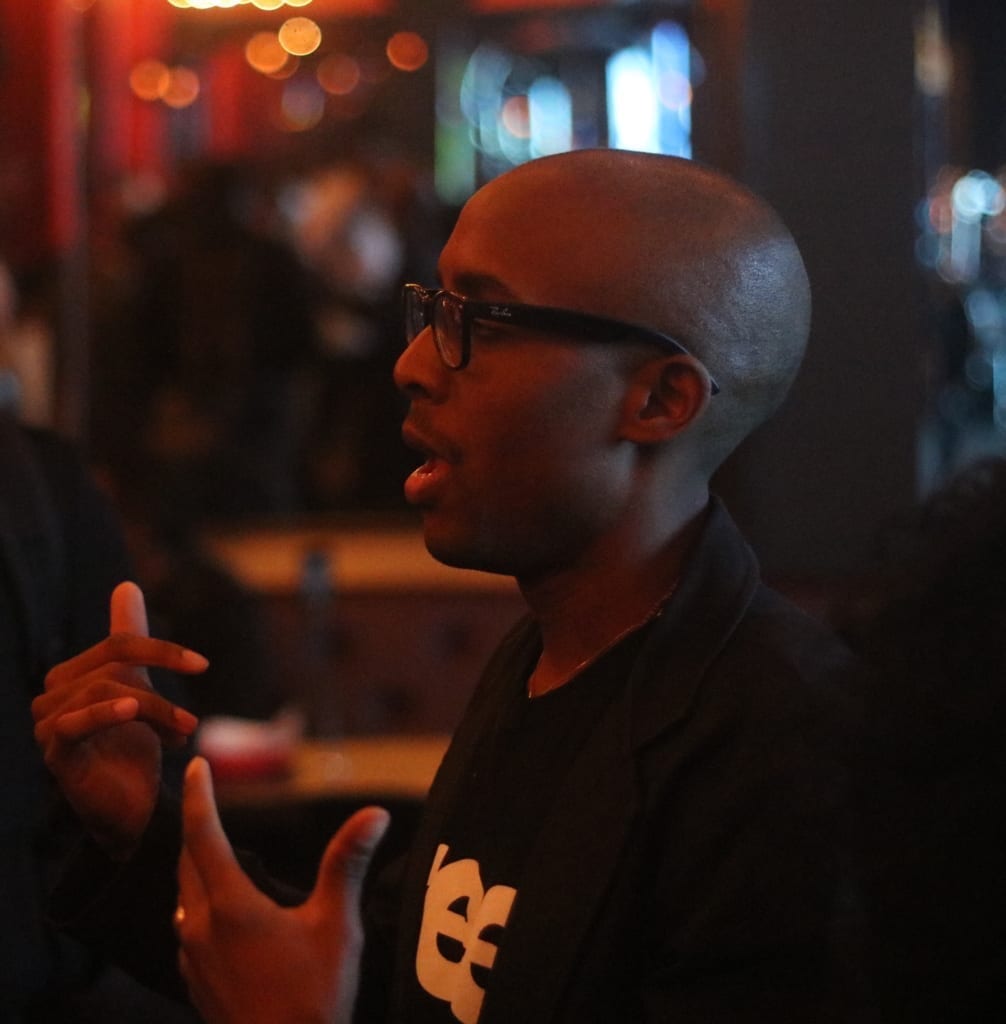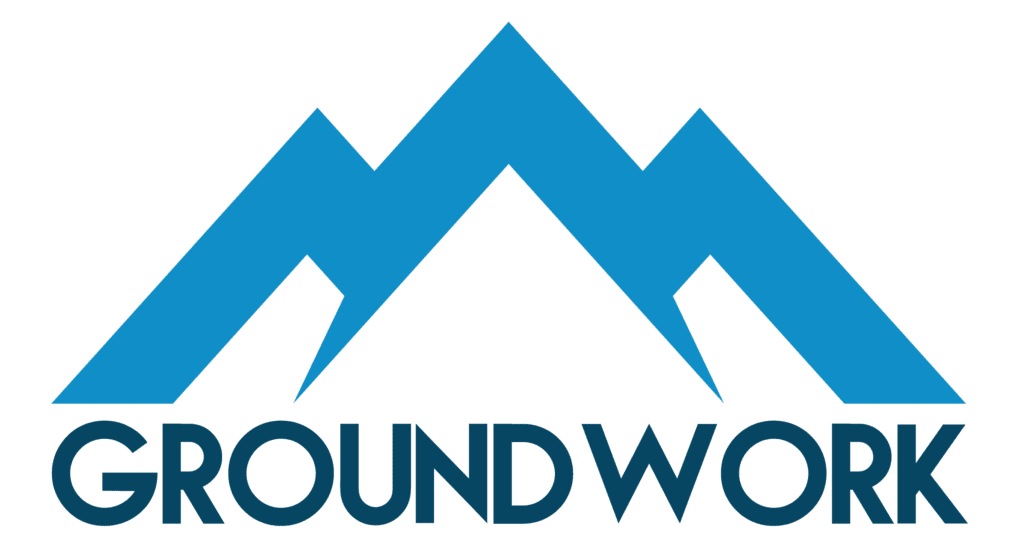Black businesses generate over $180 billion in revenue each year and create over 1 million jobs. Also, Black women are the fastest growing segment of new entrepreneurs in the US.
Unfortunately, establishments owned and operated by Black entrepreneurs are least likely to receive funding from investors.
Ade Omitowoju of Groundwork chats with us about the state of the investment industry and what Black businesses can do to attract investors.
SB: What opportunities exist for investors that want to fund Black owned businesses?
AO: I think there is a massive opportunity with Black businesses. The challenge however, is that a majority of these businesses are what we would consider to be micro-enterprises or companies that generate less than $100k per year. So the question is, how do we grow these companies and help them sustain? Few things:
Access to business mentorship – access to accounting, tax, and legal support are prerequisites to credit access. Why? Because a better grasp and management of the company leads to reduced credit risk. Guiding that sister with the organic food delivery service on how to build credit to then hire additional support would be transformative in three ways;
1) that credit will help her expand faster
2) she will most likely hire someone of color and
3) her success builds wealth.
Access to capital – easy answer but harder to tackle. Black businesses have been historically shut out from capital due to various reasons including racist lending practices (whole different conversation) and lack of attention that banks pay to the unique needs of black businesses. If that brother had a loan to purchase another car for his on-site car washing business, the sky is the limit but he needs that lender who is willing to take the journey with him.
Access to data – platforms like Shoppe Black are revolutionary by increasing awareness of the tons of black businesses out there doing amazing things. No longer can there be the excuse that black businesses are hard to find. Circulating the dollar builds black businesses and builds black wealth. The internet has the potential to magnify the impact of the black dollar. We’ve seen it in Mound Bayu MS, Tulsa OK and Georgetown DC. You are the new Green Book and its dope to see the potential.
SB: What do yo feel a lot of startups do wrong when trying to raise money?
AO: Being Nigerian, I see entrepreneurship from two distinct angles. Going to the Continent and seeing what these young entrepreneurs are doing with practically no capital makes me feel that we need to rethink the way we operate over here. An idea doesn’t always need money first, sometimes, it needs a customer, who has money.
Over here, I’ve seen brilliant entrepreneurs start companies without validating the product/market fit. This means that they are building something before validating there is a customer base. In the investor space we call this “playing in traffic.” With the internet, we have a wealth of information to prove out our idea before we experiment.
I think that when you raise money, you have to show a demonstrated ability to solve a distinct problem and inefficiency in the market. Being passionate about your idea is one thing but you have to connect the dots between your idea and a large market opportunity.
You also have to demonstrate that you have gone as fas as you can by bootstrapping. That shows the investor that you have the grit to make it through the complex early stages to “de-risk” your business meaning that you have found a market, people buy (or want to buy) what you are selling and with a little capital, you can knock it out of the park.
SB: What are three main factors that need to be in place for a startup to be attractive to investors?
AO: Great question. I’ll premise this with the fact that different investors look for a different mix of factors but holistically the below three would apply:
1) Team: Demonstrated industry knowledge and expertise, proven sales and product development skills, with strong understanding of market dynamics. Do you know your customer, have a vision for how you will solve the problem, and have the right mix of people to make it happen?
2) Value Proposition: Differentiated solution leveraging best-in-class technology with evidence of customer satisfaction and a well established brand. Many VC’s don’t invest in things that are “me-too” products.
If you say you are the “Uber of XYZ”, that may not excite an investor but if you have an idea to enter the market that Uber has created by leasing iPads for drivers to offer in car entertainment, thats a different story.
3) Market: Large market opportunity with a potential for rapid growth and validation of pathway to positive unit economics. You gotta think in billions and not millions.
Think big, dream bigger and tell us how you plan to change the game with your product and how large that opportunity is. Also make sure that you wont be like many of these startups (unprofitable) without having a pathway to making a profit).
Even when Black owned startups cover the above mentioned bases and more, why is it still such a struggle to attract funding? (racism, ignorance, a mixture of both, something else?) Yes, there are people who think that investing in a Black company means that they are sacrificing returns but let me tell you something:
- 77% of VC dollars are concentrated in 3 markets (California, New York, and Massachusetts)
- 99% of that capital goes to Whites or Asians
- 75% of these venture backed companies fail!
So, a venture capitalist can’t argue that whites and asians make better companies and are smarter because three out of four of those companies fail. What this means is that the venture capital market is inefficient, and there is a huge opportunity in investing in the next Maci Peterson, Jewel Burks, Rodney Williams, Zim Ugochukwu, Ama Marfo and many more.
Bottom line is that Black brilliance is coming for the crown and smart investors will see the trend.














